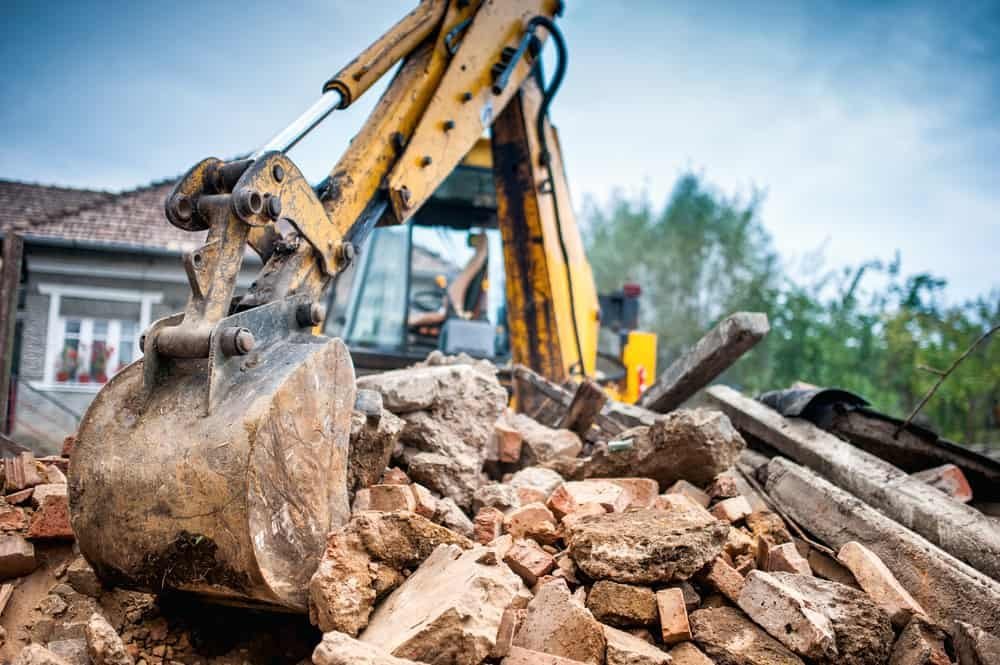The Economic Benefits of On-Site Waste Processing
In the modern era of sustainability and cost-efficiency, businesses are continuously seeking ways to streamline operations and reduce environmental impact. On-site waste processing is an innovative solution that not only addresses environmental concerns but also offers significant economic benefits.
By processing waste directly at the site of generation, companies can enhance efficiency, reduce costs, and contribute to a greener future. This blog explores the various economic advantages of on-site waste processing and why it’s a smart choice for businesses of all sizes.
Reduced Transportation Costs
One of the most immediate economic benefits of on-site waste processing is the reduction in transportation costs. Traditionally, waste is hauled from the site of generation to off-site processing facilities or landfills.
This process incurs significant expenses, including fuel, labor, and vehicle maintenance. By processing waste on-site, these transportation costs can be drastically minimized. The need for fewer trips means reduced fuel consumption and lower vehicle wear and tear, leading to substantial savings.
Lower Disposal Fees
Disposal fees for waste can be a major expense for businesses, especially those that generate large volumes of waste. Landfills and off-site processing facilities charge for the intake of waste, and these fees can add up quickly.
On-site waste processing reduces the volume of waste that needs to be transported and disposed of externally. By converting waste into reusable materials or energy on-site, companies can significantly cut down on disposal fees, leading to immediate and long-term cost savings.
Resource Recovery and Reuse
On-site waste processing allows businesses to recover valuable materials from their waste streams. Materials such as metals, plastics, and organic matter can be separated and recycled or reused directly on-site.
This not only reduces the need to purchase new raw materials but also generates revenue from the sale of recovered materials. For example, recovered metals can be sold to recycling facilities, and organic waste can be converted into compost or biofuel, providing an additional income stream for the business.
Enhanced Operational Efficiency
Implementing on-site waste processing can lead to greater operational efficiency. By managing waste directly at the source, businesses can streamline their waste handling procedures, reduce downtime associated with waste removal, and improve overall workflow.
This increased efficiency can result in higher productivity and, consequently, higher profitability. Moreover, having waste processing equipment on-site ensures that waste is dealt with promptly, preventing the accumulation of waste that can hinder operations.

Compliance and Risk Management
Strict regulations govern waste management, and non-compliance can result in hefty fines and legal complications. On-site waste processings helps businesses stay compliant with local and national waste management regulations.
By ensuring that waste is processed in an environmentally responsible manner, companies can avoid potential legal issues and fines. Additionally, by reducing the volume of waste transported off-site, businesses lower the risk of environmental incidents during transportation, such as spills or accidents.
Improved Corporate Image
Sustainable practices are increasingly valued by consumers, investors, and stakeholders. By adopting on-site waste processings, businesses can demonstrate their commitment to environmental responsibility and sustainability.
This not only improves the company’s public image but also attracts environmentally conscious customers and investors. A positive corporate image can lead to increased sales, customer loyalty, and investment opportunities, all of which contribute to the company’s financial health.
Long-Term Cost Savings
While the initial investment in on-site waste processing equipment and systems may seem significant, the long-term cost savings far outweigh the upfront costs. Reduced transportation and disposal fees, resource recovery, and enhanced operational efficiency collectively contribute to substantial savings over time.
Additionally, many governments and local authorities offer grants, subsidies, and tax incentives for businesses that implement sustainable waste management practices, further offsetting the initial investment costs.
Conclusion
On-site waste processings offers a myriad of economic benefits that make it a wise investment for businesses looking to improve their bottom line while contributing to environmental sustainability. By reducing transportation and disposal costs, recovering valuable resources, enhancing operational efficiency, and improving compliance and corporate image, companies can achieve significant financial gains.
Embracing on-site waste processings is not only a smart economic decision but also a step towards a more sustainable and responsible future. As businesses continue to seek innovative ways to operate more efficiently and sustainably, on-site waste processings stands out as a key strategy for achieving these goals.
